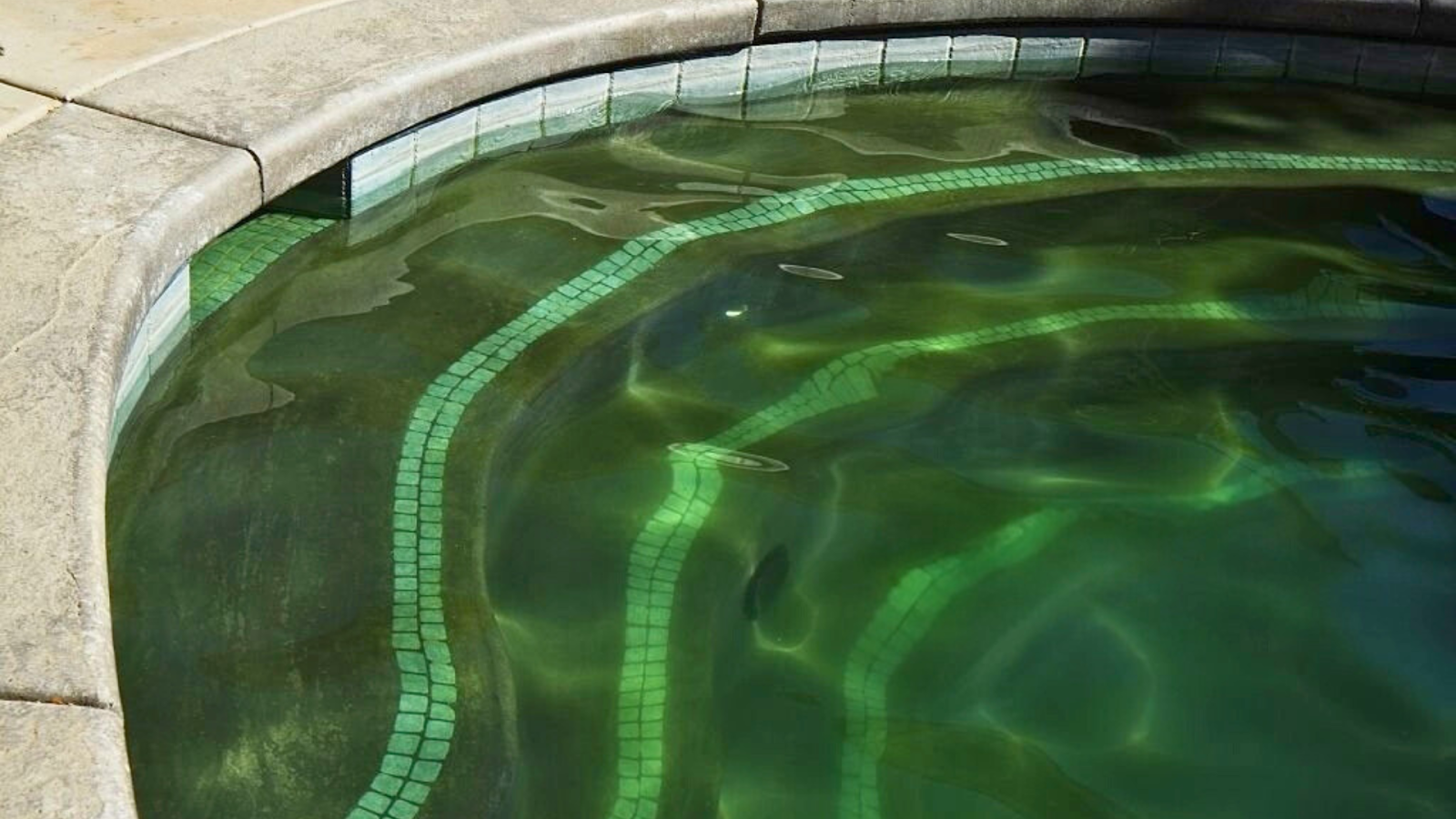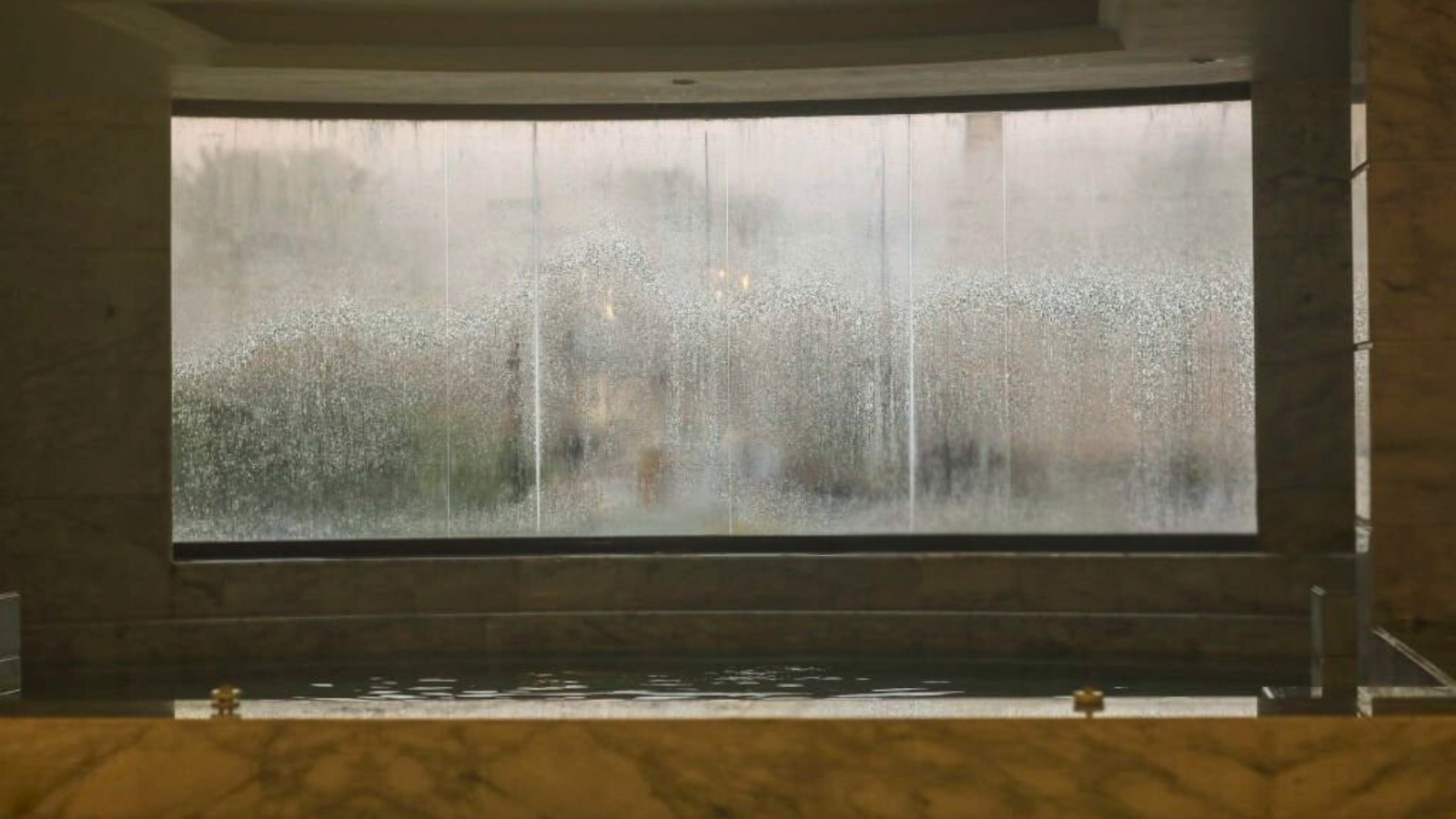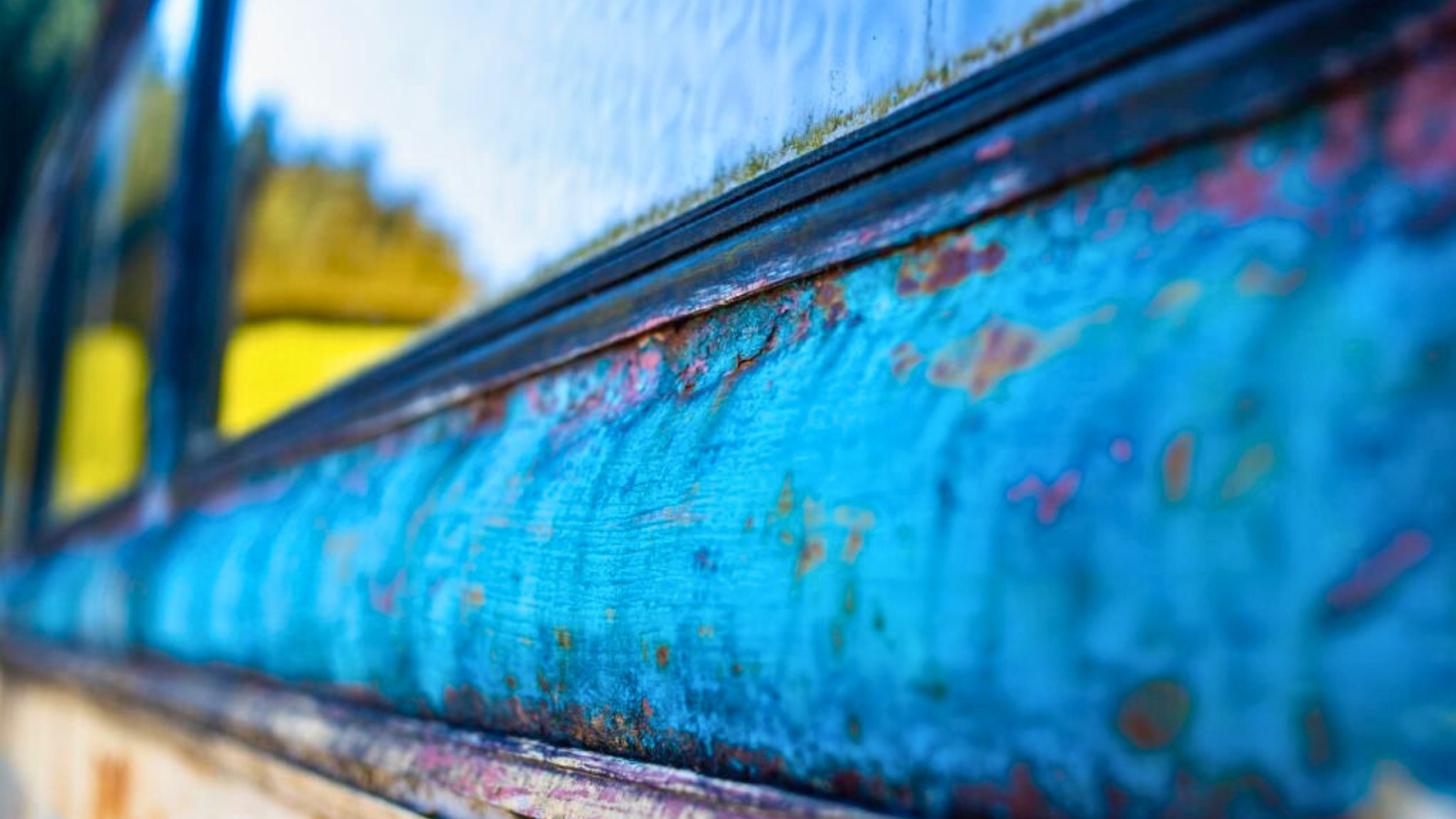Common Pool Window Problems and How to Avoid Them – Expert Guide (2025)


Pool windows, whether acrylic or glass, can transform a pool from ordinary to breathtaking. They create that “wow” moment in luxury homes, resorts, and fitness centers. But like any high-end feature, they come with their own set of challenges.
If not designed, installed, and maintained correctly, pool window problems can turn your centerpiece into a costly headache.
So, today, I have decided to create a guide using my two decades of experience to help you learn the most common issues pool owners face, why they happen, and, most importantly, how to prevent them.
You’ll get practical tips from an installation and maintenance perspective, so your pool windows stay as stunning as the day they were installed.
Let’s begin.
TL;DR: Common Pool Window Problems At A Glance
- Water leaks → Caused by poor sealing or structural shifts; prevent with professional framing and annual seal inspections.
- Acrylic scratching or haze → Avoid abrasive cleaning tools; use microfiber and non-ammonia cleaners only.
- Glass etching or staining → Maintain balanced water chemistry; prevent calcium buildup with regular testing.
- Algae growth around seals → Improve circulation near windows; brush seals weekly.
- Condensation or fogging → Use proper panel thickness and climate-appropriate design; ensure correct waterproofing layers.
- Frame corrosion → Choose marine-grade stainless or anodized aluminum in coastal or humid climates.
- Structural cracking → Avoid large unsupported spans; use certified load calculations and expert engineering.
💡 Pro Tip: The cost of preventing pool window problems is a fraction of what you’d spend on repairing or replacing a damaged panel. Choose experienced installers and keep up with a seasonal maintenance plan.
Now let’s get into details.
1. Water Leaks – The Most Serious Issue

Leaks around pool windows can be catastrophic, not just for your pool’s water level but also for the surrounding structure.
Why it happens: Poor-quality seals, subpar framing materials, or shifting of the surrounding concrete or steel can all compromise waterproofing.
Prevention:
- Always use marine-grade sealants rated for submersion.
- Have seals inspected annually, especially after earthquakes, soil settling, or renovations near the pool.
- For large panels, ensure there’s a proper expansion joint to handle pressure changes without cracking the seal.
2. Acrylic Scratching and Haze

Acrylic windows are lighter, flexible, and can be curved, but they’re more prone to surface scratches and hazing over time. Even small scratches can scatter light and dull that crystal-clear look.
Prevention:
- Use only microfiber cloths or approved acrylic-safe pads.
- Avoid ammonia or solvent-based cleaners that can cause micro-cracks.
- Keep debris and sand away from the panel before wiping; dragging grit across acrylic is the fastest way to scratch it.
3. Glass Etching and Staining

Glass pool windows resist scratches better than acrylic, but they’re vulnerable to etching from unbalanced water, especially high calcium hardness or low pH.
Prevention:
- Keep pH between 7.2 and 7.6 and calcium hardness between 200–400 ppm.
- If your area has hard water, consider a sequestrant to prevent scale buildup.
- Wipe down the waterline weekly to avoid stubborn deposits.
4. Algae Growth Around Seals

Seals and corners often have slightly less water movement, making them prime spots for algae films to develop, particularly in warm, sunny pools.
Prevention:
- Brush seals weekly with a soft brush.
- Ensure your circulation system directs some flow across the window surface.
- Shock the pool at the first sign of algae, especially in these low-flow zones.
5. Condensation or Fogging

If your pool is indoors or in a humid environment, condensation between layers or on the inside face of the panel can obscure the view.
Prevention:
- Choose panel thickness and material appropriate for your climate and pool temperature.
- Ensure proper waterproofing membranes and vapor barriers are installed during construction.
- For indoor pools, use a dehumidifier system to keep relative humidity in check.
6. Frame Corrosion

In coastal or high-humidity environments, metal framing can corrode, especially if the wrong alloys are used.
Prevention:
- Specify marine-grade stainless steel (316L) or anodized aluminum.
- Rinse external frames periodically if exposed to salt air.
- Avoid mixing dissimilar metals in the frame assembly to prevent galvanic corrosion.
7. Structural Cracking

Both acrylic and glass panels are engineered to handle immense water pressure, but improper installation, oversized spans, or impact damage can cause stress cracks.
Prevention:
- Work with engineers who perform certified load calculations.
- Use adequate framing support for the span size.
- Never allow heavy objects to rest against or strike the panel during maintenance.
Expert Maintenance Schedule to Prevent Pool Window Problems
- Weekly: Wipe panels with a soft cloth, brush seals, test water chemistry.
- Monthly: Inspect frames and seal lines for any signs of wear.
- Seasonally: Have a pro inspect for micro-leaks, seal degradation, and frame corrosion.
- Annually: Pressure test seals, deep clean the panel surface, and refresh protective coatings if needed.
Final Thoughts: Protecting Your Investment
Pool windows are more than a design feature; they’re a precision-engineered component that adds value, luxury, and uniqueness to your property. The only way to keep them problem-free for decades is to pair quality installation with consistent, detail-oriented maintenance.
Pro Advice:
Address issues early. A small haze today can be polished out; left untreated, it could become permanent. A minor leak can be resealed; ignored, it can undermine the entire pool structure.
Expert Pool Window Design & Care
If you’re planning a pool build or already own one with a viewing window, Hammerhead Pools specializes in the design, installation, and maintenance of acrylic and glass pool windows. We work with homeowners, resorts, and commercial facilities to ensure panels remain crystal-clear, structurally sound, and leak-free for years.
Contact us today for a free consultation or inspection, we’ll give you customized advice based on your climate, pool design, and usage.
FAQs – Pool Window Problems
Are acrylic pool windows better than glass?
It depends on your priorities — acrylic is lighter and allows for curved designs, while glass is more scratch-resistant and offers a classic look.
Can I clean the pool windows myself?
Yes, but use only non-abrasive materials and pool-safe cleaners to avoid scratching or chemical damage.
How often should seals be replaced?
Typically every 8–12 years, but high-use or extreme-climate pools may need earlier attention.
Do pool windows ever need polishing?
Acrylic panels can be polished to remove haze; glass panels may need professional mineral deposit removal.
To protect your investment, address small issues before they escalate. Regular maintenance and professional inspections will save you from expensive repairs and keep your pool windows looking brand new. If you’re planning a pool build or need help with an existing window, Hammerhead Pools specializes in the design, installation, and long-term care of acrylic and glass pool windows. Contact us today for expert advice and a customized clarity plan.











